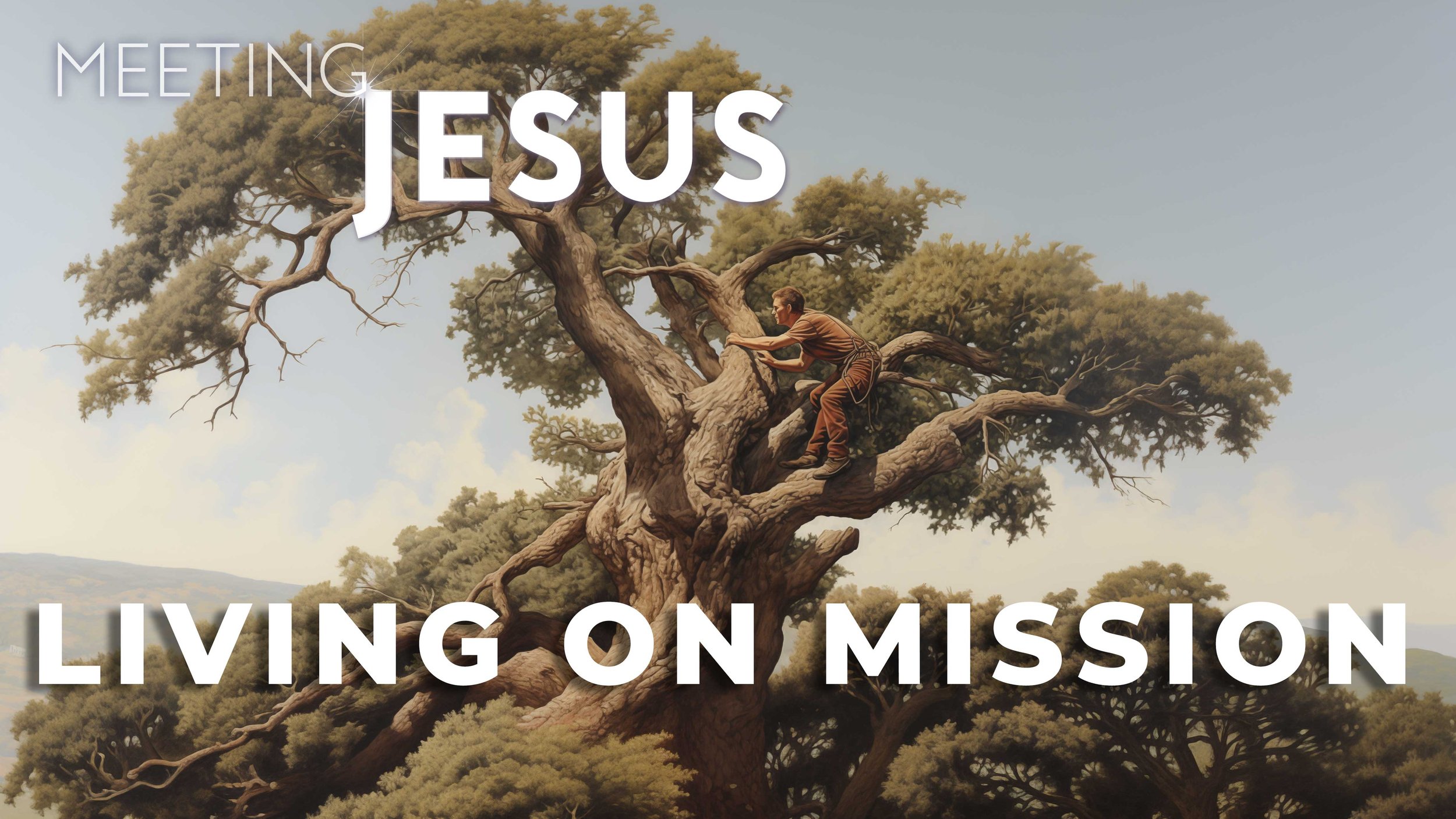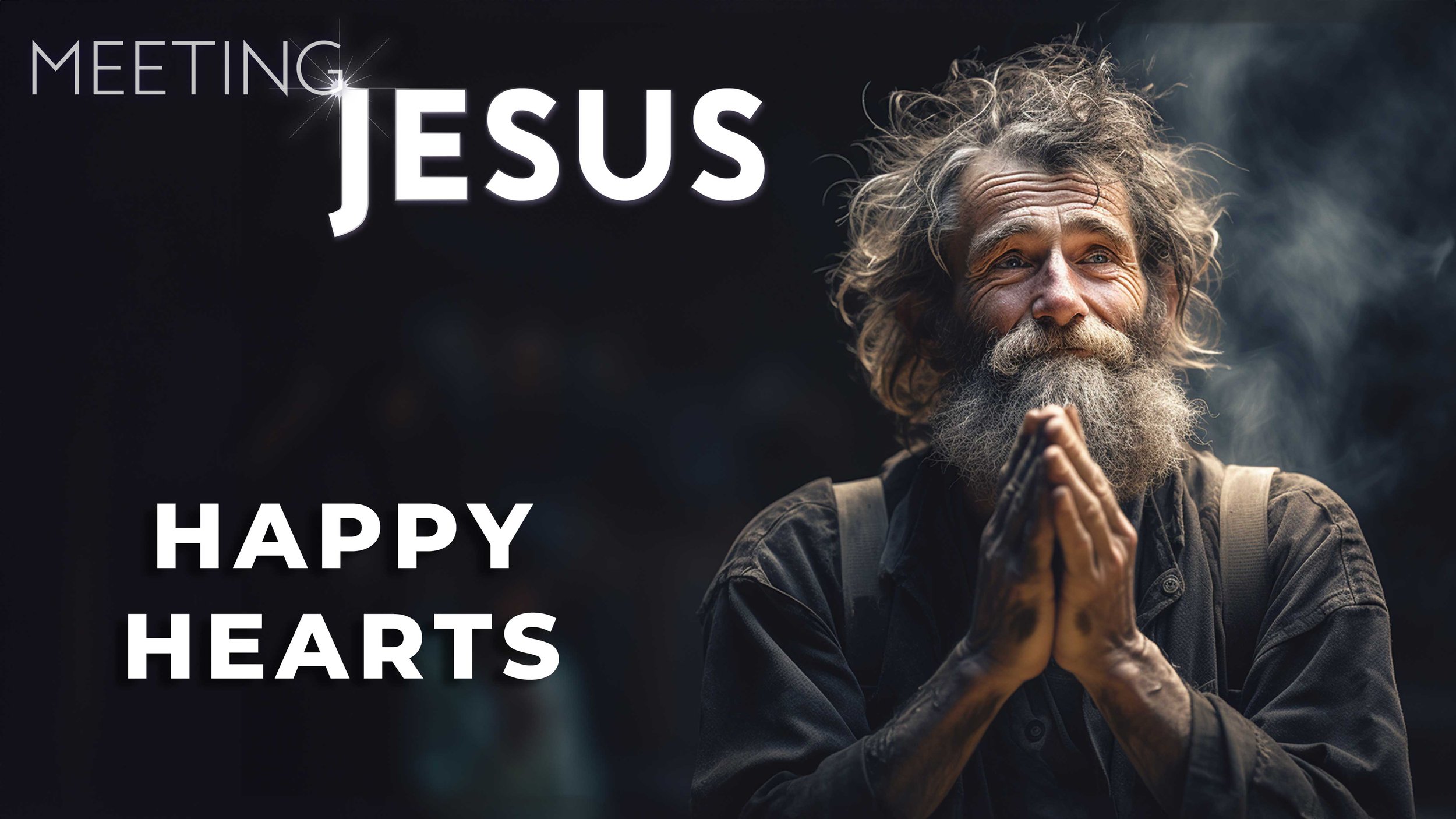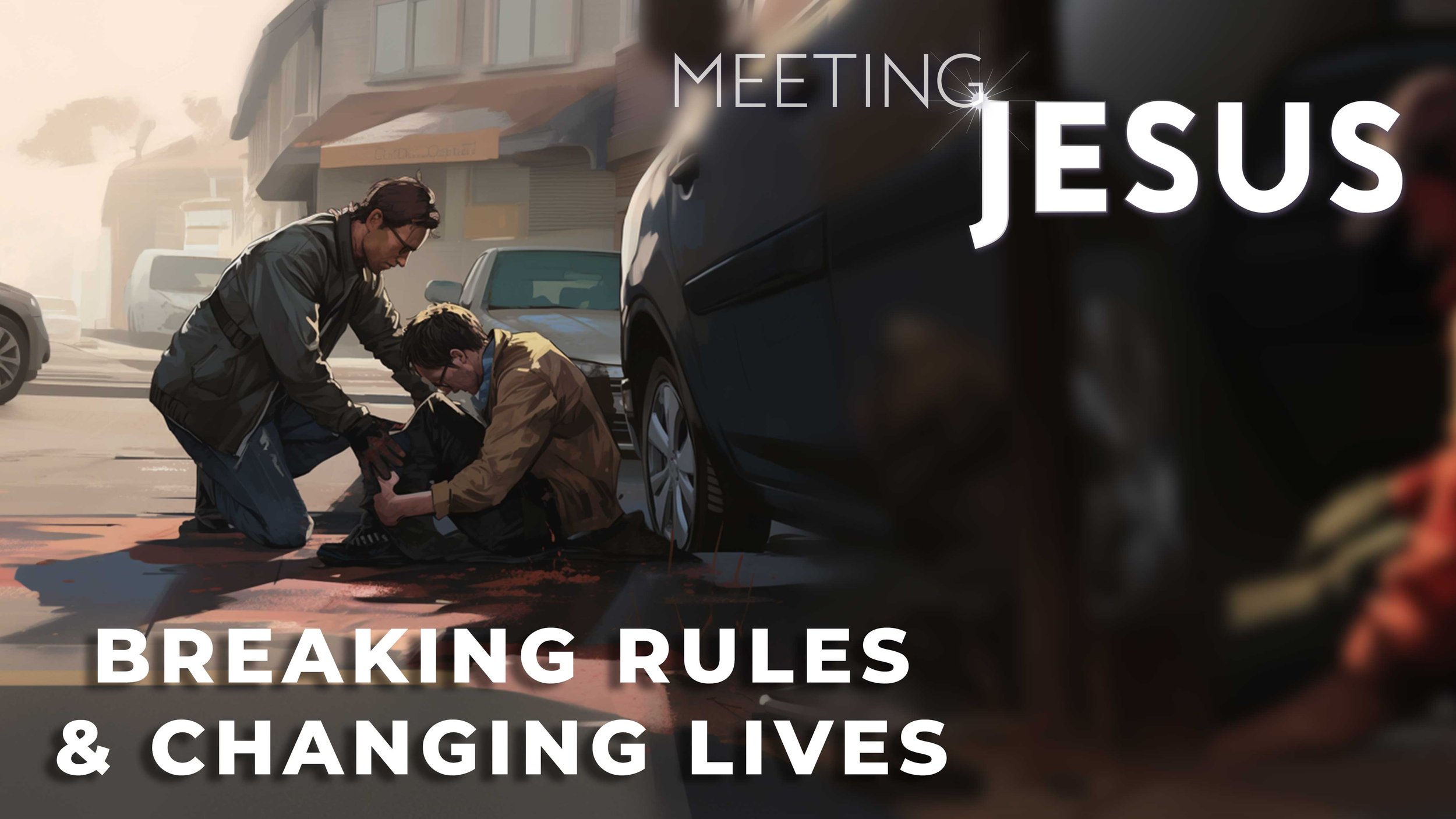Meeting Jesus - Simeon’s faith
Explore the transformative power of hope in this compelling sermon, drawing inspiration from the life of Simeon as recounted in Luke 2:25-35. Discover practical applications for a hopeful new year, emphasizing the importance of anchoring our hope in the Word of God, navigating challenges through patient waiting, and increasing faith by believing in God's promises. Join us on this faith-filled journey, concluding with an invitation for prayer and a musical encouragement to trust in Jesus as we step into 2024 with renewed hope.
Meeting Jesus - Mary: The Type of Person God uses
Embark on a journey through the scripture as we delve into the narrative of Mary, the Mother of Jesus, in this compelling sermon rooted in Luke 1:26-38. Uncover the essential characteristics that God seeks in His followers—faith, trust, and a servant's heart. This sermon encourages reflection on how God uses ordinary individuals to accomplish extraordinary purposes. Join us in exploring the timeless lessons from Mary's story and discover how you, too, can become an instrument of God's transformative work in the world.
Meeting Jesus - the widow’s offering
In this moving sermon, Pastor Shawn reflects on the biblical story of the widow's mite. Unpacking the lessons of sacrificial giving, he highlights the widow's profound act of love and trust in God. Discover how generosity goes beyond monetary value, as the pastor encourages the congregation to give with a cheerful heart.
Meeting Jesus - Pretendinitus
Delve into the dangers of manipulative flattery and the importance of shooting straight with others. Learn valuable lessons from Luke 20:21-24 about sincere communication and avoiding harmful language.
Meeting Jesus - Embrace The Message Of Hope
Explore the profound truths revealed in the Vineyard Parable as this sermon delves into God's patience, the call to embrace repentance, and the foundational role of Jesus. Discover the transformative power of turning towards God's kindness, building a life rooted in Jesus, the cornerstone. Uncover timeless lessons that offer practical guidance for everyday living, and learn how God's enduring patience seeks to bring redemption even in the face of rejection.
Meeting Jesus - Jesus Clears The Temple
Embark on a poignant journey with Pastor Joe as he reflects on a challenging year marked by a significant church transition. Delving into the sting of church hurt, the blog post draws parallels to biblical figures like Joseph, David, Paul, and Jesus, highlighting God's consistent pattern of bringing victory through tragedy. Focused on Luke 19:45-48, the narrative emphasizes the crucial role of the church as a place of restoration and addresses the importance of how the church community treats one another. Practical steps for hanging onto God's Word and upcoming events for spiritual growth round out this insightful exploration of navigating church hurt.
Meeting Jesus - Trust The Plan
Explore the profound lessons of trust and responsibility in our latest discussion, 'Trusting God's Plan: Lessons from Luke 19:11-27.' Delve into the stories of biblical figures like Abraham and Noah, and unravel the connection between responsibility, authority, and trust as illustrated in the parable of the nobleman and his servants. Discover the individual responsibility we each hold in God's Kingdom and the significance of trusting God's character. Join us on this insightful journey, as we reflect on how our actions truly demonstrate our guiding values and deepen our understanding of God's unwavering plan for our lives.
Meeting Jesus - What Do You Want Jesus To Do?
Explore the transformational power of faith and mercy in this compelling message about the blind beggar who encountered Jesus. Discover how you, too, can find healing, break free from destructive sin, and experience Christ's mercy in your life. Join us on a journey of hope and redemption.
Meeting Jesus - Living On Mission
Discover the remarkable story of Zacchaeus, the despised tax collector who had a life-changing encounter with Jesus. This sermon explores the transformative power of belief, surrender, and embracing Jesus' mission to seek and save the lost. Join us in understanding the profound impact of prioritizing Jesus in our lives and leading others to a life-changing relationship with Him.
Meeting Jesus - Letting Go
Explore the transformative power of letting go and embracing faith with our compelling content. Delve into Scripture, personal anecdotes, and deep insights to discover how surrendering to Jesus can lead to an eternity of blessings. Join us on this faith-filled journey towards a life changed by the Word of God.
Meeting Jesus - Humble Hearts
Join us for a sermon by Pastor Joe Donahue of Beach Church in Myrtle Beach, SC, as he tackles the issues of public shaming and "Karen" videos. Explore the timeless wisdom of Luke 18:9-14 and learn the importance of self-awareness, humility, and transparent living. Discover how these principles can lead to a deeper, more meaningful relationship with Jesus.
Meeting Jesus - A Black and Blue God
Discover the true power of prayer in this sermon by Pastor Joe Donahue as we unpack the often-misunderstood concept of prayer being a 'last resort' for Christians. Delving into the parable in Luke 18:1-8, we explore how prayer is a direct, honest conversation with the Almighty and why it should never be relegated to a last-ditch effort. Learn to break free from bad habits and guilt that may be inhibiting your prayer life and, most importantly, embrace the idea of persistently 'jabbing' at God in prayer, believing that He's ready to respond.
Meeting Jesus - Happy Hearts
Join us on a journey of self-discovery and transformation as we unpack the timeless message of Luke 17:11-19. This compelling scripture reveals the life-changing power of gratitude, whether you're a follower of Jesus or simply looking to enhance your daily life. Learn how practicing gratitude can strengthen your relationship with God, improve your outlook on life, and bring joy and positivity into your world. Explore the depths of this teaching with us and start living a more grateful and fulfilling life today.
Meeting Jesus - Lessons From The Dead
Discover how the story of Lazarus teaches us about the importance of compassion, the need to apologize when we've wronged others, and the significance of applying the truths of the Bible in our lives. Join us in reflecting on these valuable lessons and how they can impact our journey of faith. Read the full blog post to dive deeper into this meaningful message.
Meeting Jesus - Faithful In All Things
In this sermon, Pastor Joe delves into a challenging parable told by Jesus, highlighting the importance of using earthly possessions to bless others temporarily and eternally. Learn valuable lessons about generosity, open-handed living, and the connection between managing resources and one's relationship with God.
Meeting Jesus - Returning to God
Explore the powerful message of the Prodigal Son and the transformation of his identity in this Beach Church sermon. Discover the gifts that illustrate life change and God's unconditional love.
Meeting Jesus - Celebrating Forgiveness
As followers of Jesus, we're called to join the search party, not to shame or correct, but to show kindness, love, and acceptance. Our mission is to lead people to a life-changing relationship with Jesus. So let's come together, celebrate forgiveness, and learn how to extend God's grace to others, no matter how lost they may seem. Join us on this journey of hope and grace.
Meeting Jesus - The Most Important Person In The Room
Discover the essence of true leadership and humility in this compelling reflection on Luke 14:7-14. Explore how Jesus challenges conventional notions of honor, encouraging us to joyfully serve others and embrace selflessness. Gain insights that will reshape your perspective on leadership and inspire you to live out Christ's teachings in your everyday interactions.
Meeting Jesus - Breaking Rules & Changing Lives
Join us for a thought-provoking exploration of Luke 13:10-17 as we uncover the remarkable encounter between Jesus and a woman who had suffered for eighteen years. Learn how Jesus challenges the rigid interpretations of religious leaders by healing on the Sabbath, and how this act reveals the heart of God's love and compassion for those in pain.
Meeting Jesus - You Can Trust God and Others (again)
Discover how to conquer worry by trusting in God's faithfulness. Join us as we explore Luke 12:22-31 (NLT2) to find timeless wisdom for overcoming anxiety. Learn practical steps to cultivate deep trust in Jesus and experience lasting peace.



















